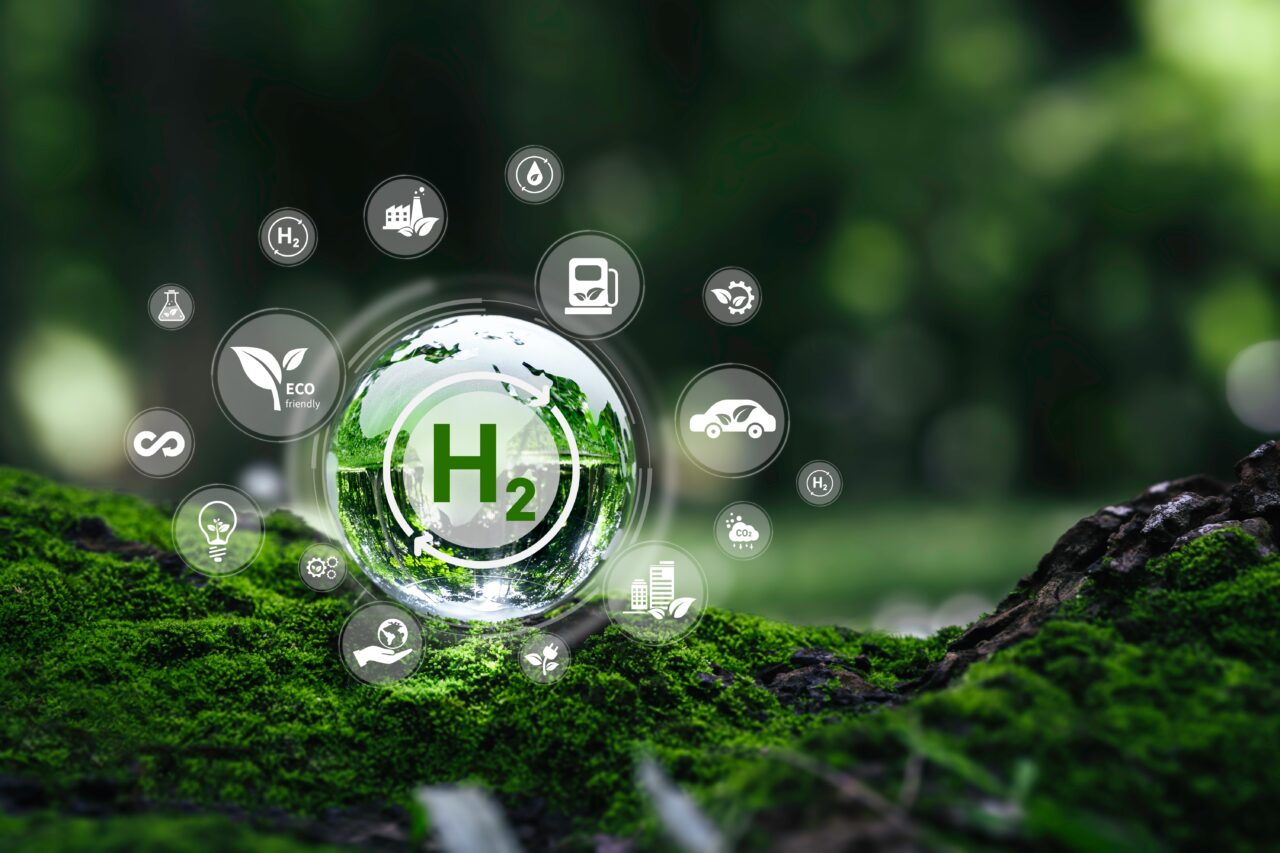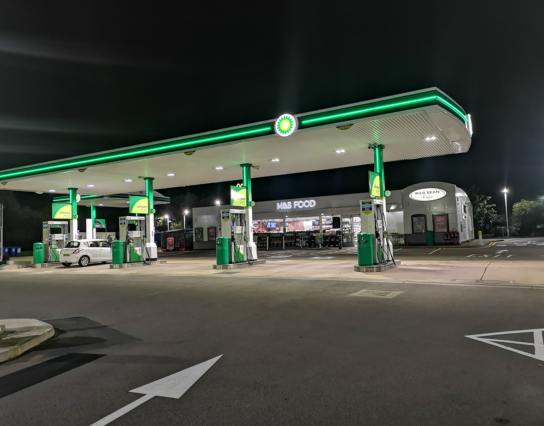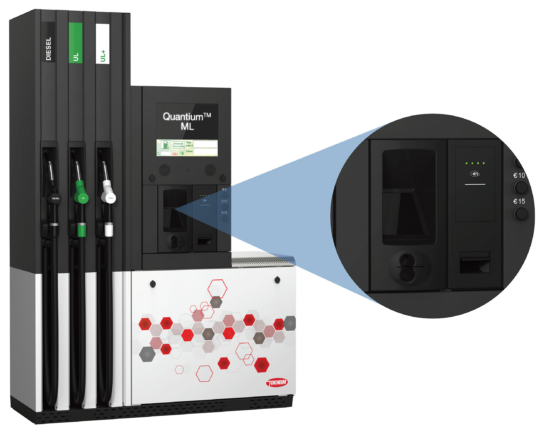How Hydrogen and Biogas Will Power Net Zero
By Cheryl Ashton, Marketing Coordinator, TSG UK
A deep dive into how alternative gases power the next generation of transport
As the UK accelerates towards its net-zero ambitions, the transport sector finds itself at a critical juncture. Electrification has dominated the conversation. However, it is not the only route to decarbonisation. Hydrogen and biogas are emerging as powerful allies in the clean energy transition, offering viable alternatives to fossil fuels for sectors where battery power may fall short. This article examines how these gases are driving change and how TSG Gas is contributing to the development of the infrastructure needed to support them.
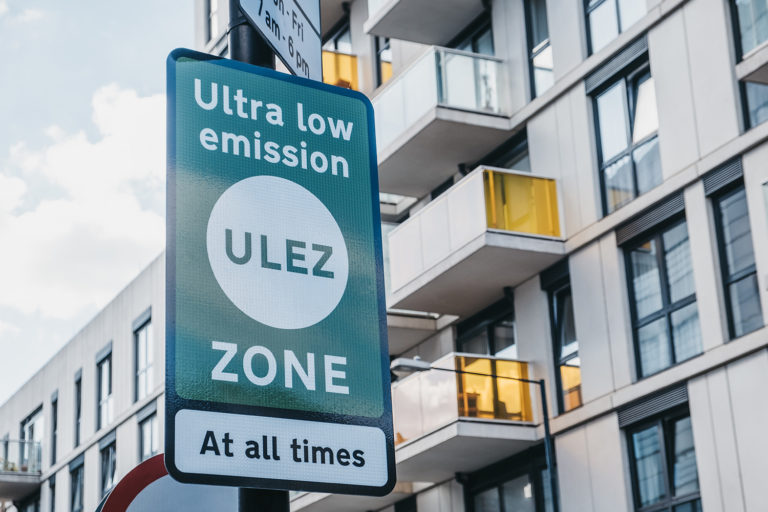
The Pressure to Decarbonise Transport
Fleet operators and logistics providers are under increasing pressure to reduce emissions. Clean Air Zones (CAZs), Low Emission Zones (LEZs), and Zero Emission Zones (ZEZs) are reshaping urban access, penalising high-polluting vehicles and incentivising cleaner alternatives. For many businesses, the cost of non-compliance, whether through fines or fuel inefficiencies, is prompting a rethink of fleet strategy.
While EVs are increasingly viable for a wide range of applications, including urban logistics and even some heavy-duty use cases, long-haul and high-utilisation fleets may benefit from a broader mix of technologies. This is where alternative gases such as hydrogen and biogas come into play, offering complementary solutions for specific operational needs.
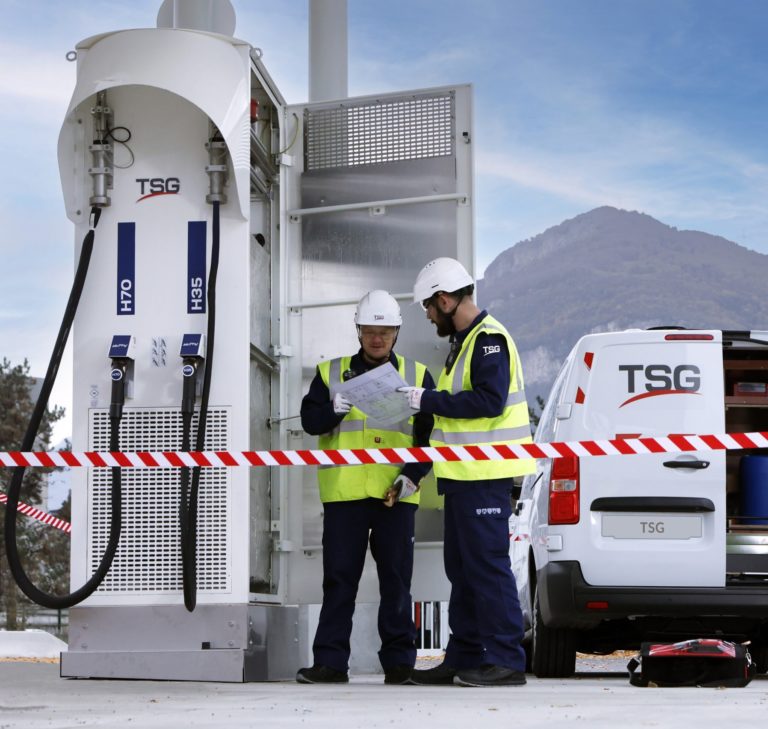
Hydrogen: Clean Power with Long-Range Potential
Hydrogen is an energy carrier, not a source, and its environmental impact depends on how it is produced. Green hydrogen, created via electrolysis using renewable electricity, emits no carbon dioxide. Grey hydrogen, derived from natural gas, does. Blue hydrogen sits between the two, capturing emissions during production.
Hydrogen fuel cell electric vehicles (FCEVs) generate electricity on demand through a chemical reaction between hydrogen and oxygen, emitting only water vapour. This makes them particularly attractive for HGVs, buses and other high-mileage applications. Refuelling takes minutes, and driving ranges often exceed 300 miles, with some models expected to reach over 620 miles before the end of the decade.
Hydrogen also offers operational familiarity. Refuelling mirrors the experience of petrol and diesel, making it easier for drivers and depot managers to adapt. However, infrastructure remains a barrier. Hydrogen stations are few and far between, creating a chicken-and-egg dilemma. Without hydrogen vehicles, there is little incentive to build stations. Without stations, operators hesitate to invest in a new hydrogen fleet.
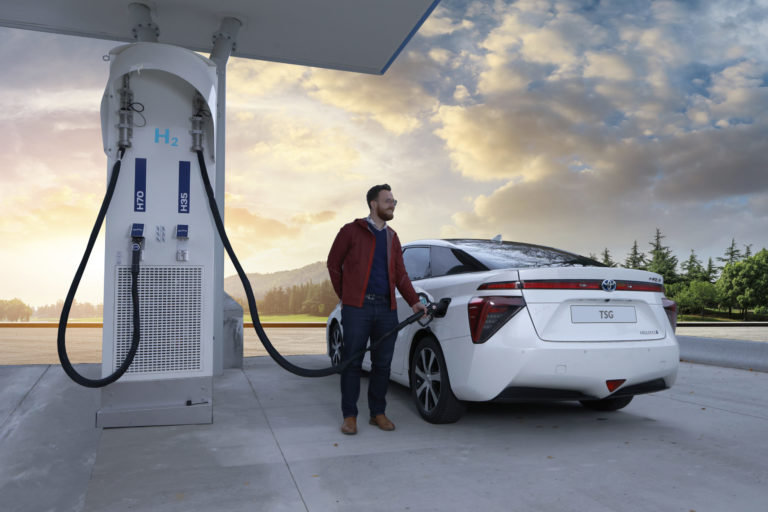
Hydrogen Highways and Infrastructure Investment
The concept of Hydrogen Highways, dedicated corridors equipped with refuelling stations, is gaining traction. Countries such as Germany, Japan and South Korea are leading the way. The UK is beginning to invest in pilot projects and production hubs. In June 2025, the government announced over £500 million in funding to develop the country’s first regional hydrogen transport and storage network, with key hubs planned in Merseyside, Teesside and the Humber. TSG Gas is playing a pivotal role in this transition. With decades of expertise in traditional fuel infrastructure, TSG is now expanding into new energies, delivering hydrogen compressors, electrolysers and dispensers alongside full Engineering, Procurement and Construction (EPC) services. From design and installation to aftercare, TSG ensures that hydrogen solutions are tailored to each site and delivered within budget and timescale.
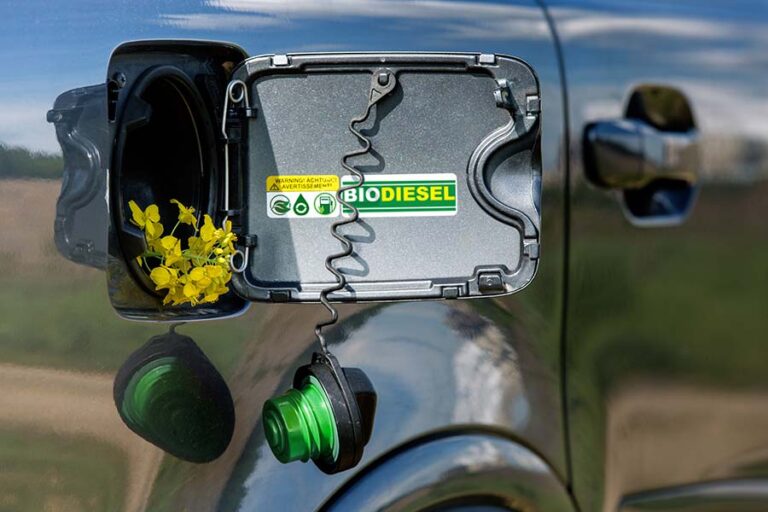
Biogas: Turning Waste into Clean Energy
Biogas is produced from organic waste, food scraps, sewage, manure and agricultural residues. When purified, it becomes biomethane, which is chemically identical to fossil natural gas and can be used in existing infrastructure. This makes biogas a practical and scalable solution for transport, particularly in sectors where electrification is challenging.
Unlike hydrogen, biogas is already being used in UK transport. Buses, refuse vehicles and some commercial fleets are powered by biomethane, offering low-carbon alternatives with proven reliability. Capturing methane from waste also prevents its release into the atmosphere, where it would act as a potent greenhouse gas.
The UK’s 2023 Biomass Strategy recognises biogas as a key player in reaching net zero. Expanding its use could save the country billions in energy system costs and reduce household bills. However, policy support has lagged behind that for hydrogen and electricity. The sector is calling for better modelling, incentives and recognition in national energy planning.
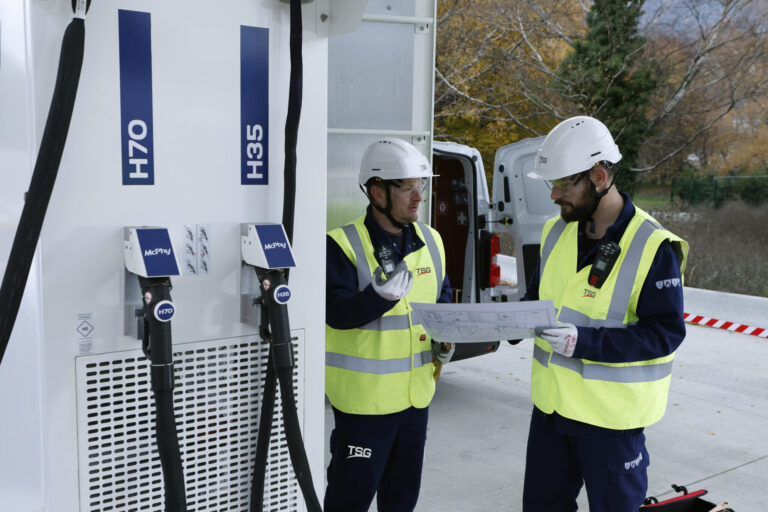
The Role of TSG Gas
TSG Gas is uniquely positioned to support the rollout of alternative gases. As the UK’s first-choice EPC contractor for new energies, TSG delivers turnkey solutions for hydrogen, biogas, CNG, LNG and electric charging infrastructure. Its team of skilled engineers provides seven-day support, ensuring that installations are maintained and optimised for long-term performance.
TSG’s LOGmaster system offers depot-wide control, integrating fuel, charge and gas management into a single platform. Fleet operators can monitor usage, set restrictions and plan maintenance across all energy types, from hydrogen dispensers and biogas pumps to EV chargers.
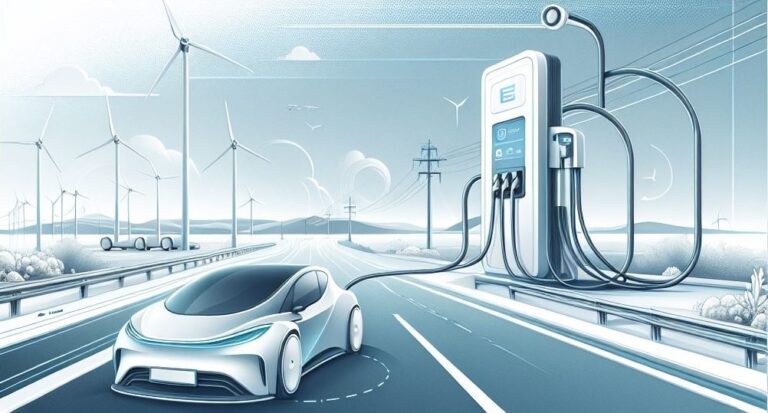
Looking Ahead
The future of transportation will not rely on a single solution. Electricity, hydrogen and biogas will coexist, each serving different segments of the market. EVs are expected to dominate urban mobility and passenger cars. Hydrogen may play a role in decarbonising long-haul logistics and high-demand fleets, particularly where operational requirements exceed the capabilities of current battery technology. However, its future depends on overcoming infrastructure, cost and vehicle availability challenges. Biogas offers a practical and sustainable solution for waste-based transport and municipal services.
TSG Gas is helping businesses navigate this transition by delivering the infrastructure, expertise and support needed to embrace cleaner fuels. As the UK moves closer to its net-zero targets, the role of alternative gases will only grow in importance.
Summary: Key Takeaways
Hydrogen and biogas are essential components of the UK’s net zero transport strategy, complementing electricity in areas where batteries fall short.
Hydrogen offers long-range, fast-refuelling, zero-emission transport for certain HGV applications, but requires significant infrastructure investment. While some hydrogen buses remain in operation, the majority of new bus deployments in the UK are now electric.
Biogas turns waste into clean energy, with existing applications in buses and refuse fleets. It is scalable, cost-effective and underutilised.
TSG Gas delivers complete EPC services for hydrogen and biogas infrastructure, offering tailored solutions and dependable maintenance to support fleet operators throughout their energy transition.
The future of transport will be multi-fuel, with hydrogen, biogas and electricity working together to reduce emissions and improve energy resilience.
